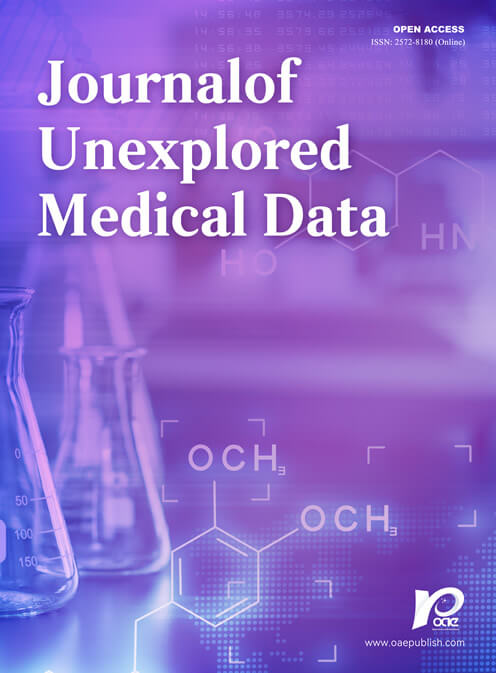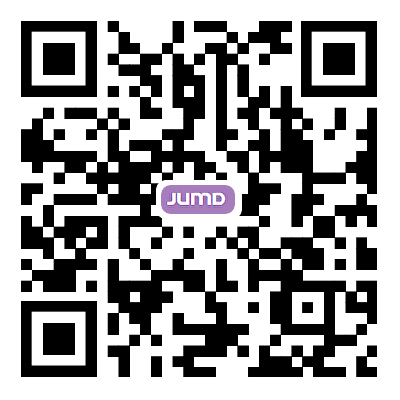Q: What are the key research areas covered by the JUMD?
A: Medical biology and cancer medical and health sciences.
Q: What type of articles do JUMD publish?
A: Unpublished research data and articles that are generated by universities and academic institutions in the field of medical science such as: pilot studies, clinical trials, case reports, dissertations, methods as well as biological microscopy imaging data.
Q: Why is JUMD needed on the market?
A: Every year academic institutions produce more data in medical research than they are able to publish and those that are published omit some key details. Hence there are ample amounts of useful medical data never published and consequently a wealth of scientific data and hard work is wasted. Traditional journals fail to provide a specific platform for such large datasets that could benefit a wider research community. Therefore JUMD has been launched to provide a new channel for your medical research publication.
Q: Why is JUMD considered unique?
A: JUMD is an exclusive journal that encourages researchers to disclose and publish their unreported results and give them a channel to have their data peer reviewed. Once researchers have got more results and their work has ‘matured’ they can incorporate their JUMD published preliminary data in a new manuscript and submit it anywhere with no objection from JUMD.
Q: How can you assume that all unpublished data are considered useful?
A: Of course there are batches of data that have no value and nobody wants to see, but there is also a lot of perfectly fine data going unpublished that would help other investigators out.
Q: What are the publication models of JUMD?
A: Open access model (online and print).
Q: How quickly will JUMD publish my manuscript?
A: JUMD guarantees rapid publication, 5-6 weeks from the submission date.
Q: How easily can my work be searched by other researchers?
A: Work published in JUMD will be easily accessed through text mining by search engines.
Q: How much will it cost to publish my data?
A: There is no article processing or publication fee. Publishing in JUMD is totally free of any charges.
Q: How will the JUMD editorial team assess the scientific quality of the submitted data?
A: All articles undergo first a basic screening process for offensive and/or non-scientific content and are checked for plagiarism.
Q: Is JUMD a peer review journal?
A: Yes
Q: How does the review process take place?
A: JUMD utilizes a fair and innovative blind peer-review system, where the referees, authors and editors remain anonymous throughout the peer-review process.
Q: How are papers evaluated by reviewers?
A: Articles will be evaluated based on research integrity, high ethical standards and objective determination of scientific and methodological soundness. However, no endorsement of your data methods, assumptions, or conclusions by JUMD is implied by its publishing on JUMD website.
Q: Why should I submit my unpublished data to the JUMD?
A: JUMD will ensure your data is visible, shared worldwide and might be cited.
Q: How will my data be cited by others?
A: Researchers can cite and refer to your work as Disclosed Unpublished Data. Data published in JUMD can be cited using their digital object identifier (doi).
Example: Author JC, Author LM. 2016. Title of your article. JUMD doi: 22. 3302/765498.
Q: Are papers published on JUMD visible on PubMed?
A: We aim at being included in PMC within 2 years, and once the journal is indexed, all papers will be available on PubMed. Before that, we will try our best to disseminate the novel and valuable ideas published by our journal via a variety of channels including sending emails to millions of researchers, promoting through social media and academic conferences, etc.
Q: Does JUMD have an impact factor?
A: JUMD has no impact factor currently. However, once it is published, we will strive to improve citations of articles by sharing them with researchers worldwide, advertising them in international conferences, enlargeing their exposure to research communities, etc.
Q: How can people comment on my work?
A: By publishing your data in JUMD, authors are able to make their findings available to the scientific community worldwide and receive feedback. Readers may add public comments to articles on the JUMD website and are also free to contact authors directly.





